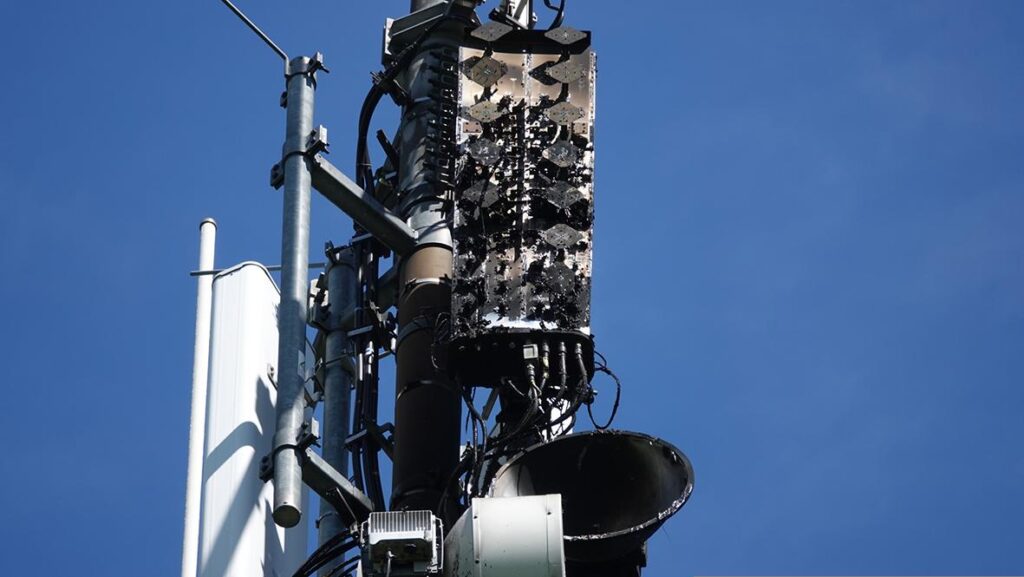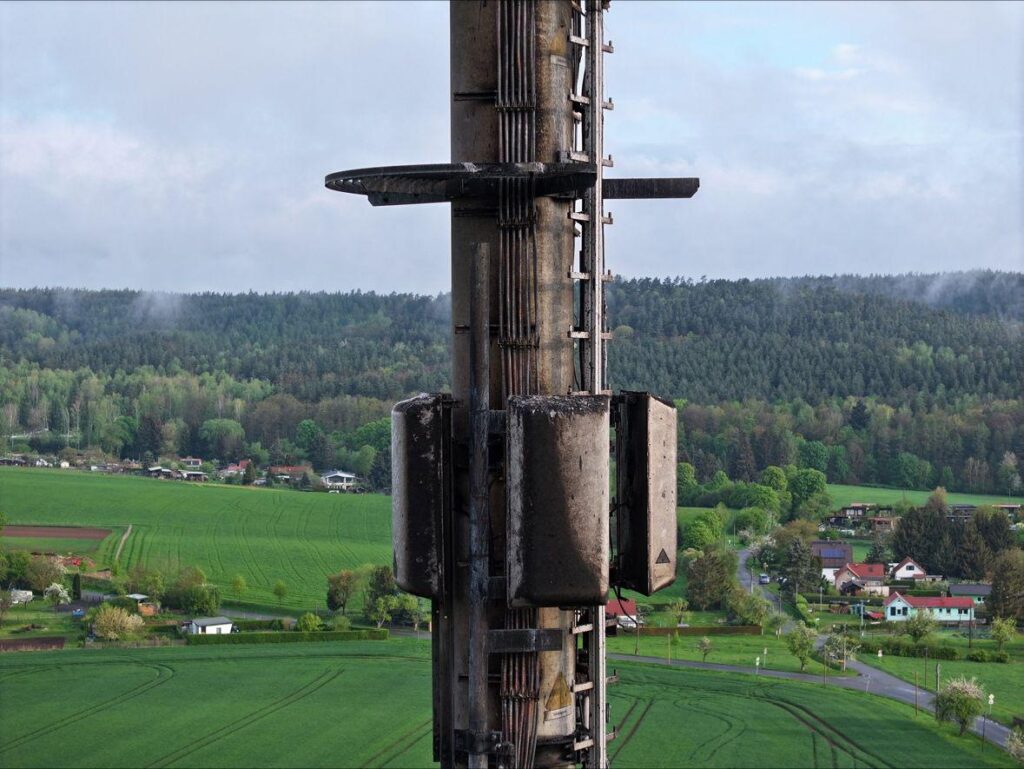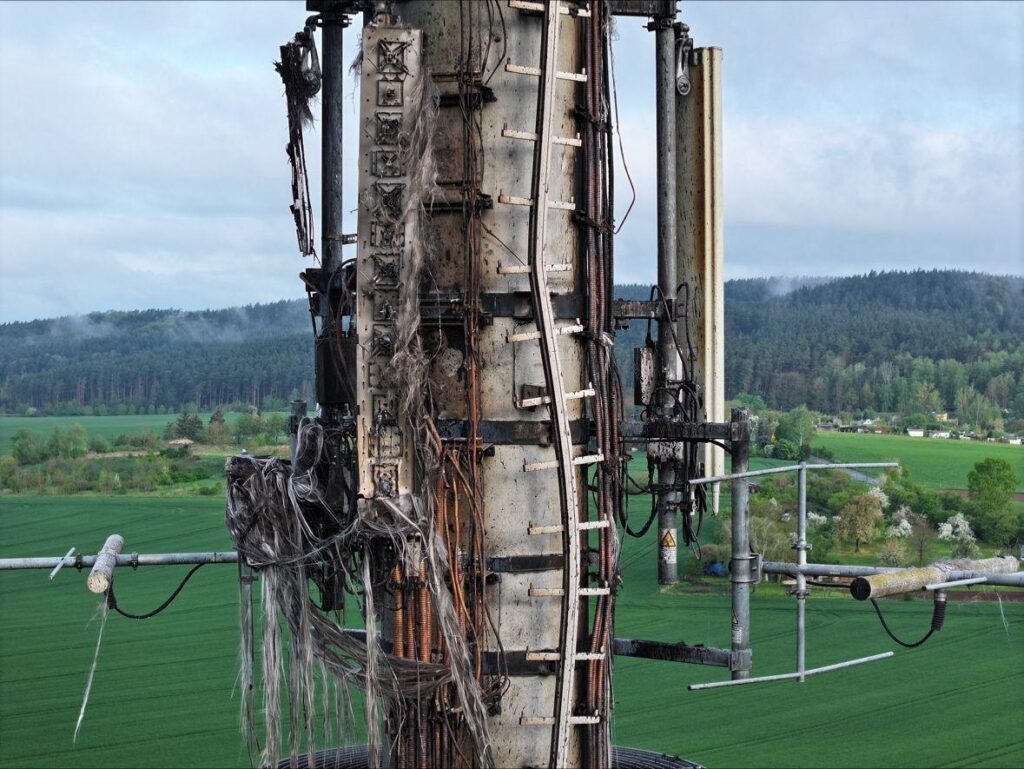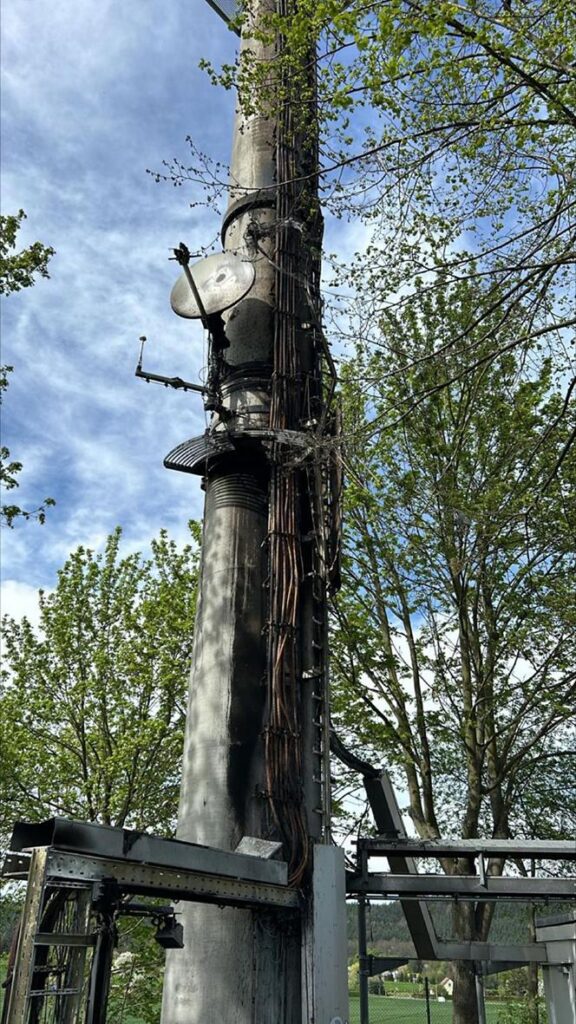
The small town of Pößneck, some 30 km south of the city of Jena (Thuringia), is not known for its antics, to say the least.
Unlike its little sister, Jena’s walls have, over the centuries, endured the fury of peasant rebels who, between 1524 and 1526, destroyed and pillaged hundreds of castles and religious buildings in the Holy Roman Empire. This insurrection, dubbed the “Uprising of the Common Man” (Erhebung des gemeinen Mannes) or more simply the “Peasants’ War” following Engels’ study, even aroused the ire of the Pope of Protestantism, Martin Luther, who advised the nobility to slaughter the 300,000 insurgent beggars to the last man. In his pamphlet entitled Contre les hordes de paysans voleurs et assassins (May 1525) (Against the hordes of thieving, murderous peasants), Luther wrote: “Let all who can, strike, kill and stab, secretly or openly, remembering that there is nothing more poisonous, harmful or diabolical than a rebel. It’s like when you have to kill a rabid dog: if you don’t hit him, he’ll hit you, and a whole country with you.”
But today, the good city of Jena is best known in the textbooks of domination as having been one of the cradles of German Romanticism, whose university saw Goethe and prestigious teachers such as Fichte, Schiller and Hegel pass through, not to mention a famous student, Karl Marx, who completed his doctorate in philosophy there in 1841. A little later, it was also here that Ernst Haeckel, patent eugenicist and inventor of the term “ecology” in 1866 (preferred to “mesology” by the anarchist Elisée Reclus), made his career. However, it would be a pity to remain in the academic sky of bourgeois ideas in 19th-century Jena, without mentioning another, lesser-known revolt that brought the city down to earth.
In June 1953, after the first strikes against increased work rates, when the insurrection broke out in East Berlin against red fascism before being crushed by the tanks of the Army of the same color, it’s easy to forget that a large part of the former East Germany rose up. In Jena itself, for example, a crowd of 30,000 people attacked and ransacked the headquarters of the Communist Party (SED) and several official buildings, as well as looting the headquarters of the political police (the Stasi) and storming the Steiger prison, forcibly releasing some sixty inmates. Needless to say, the welders and other coal-mining delegates who had tried to mediate with the Party pundits to present them with a few reasonable demands, ended up either in front of a firing squad or in prison for a very long time. But wasn’t it the poet who had helped illuminate Jena, author of Faust and statesman decorated with the Legion of Honor by Napoleon himself, Johann Wolfang Von Goethe, who had professed this pinnacle of authoritarian cynicism destined to pass into posterity: “I’d rather commit injustice than tolerate [public] disorder”?
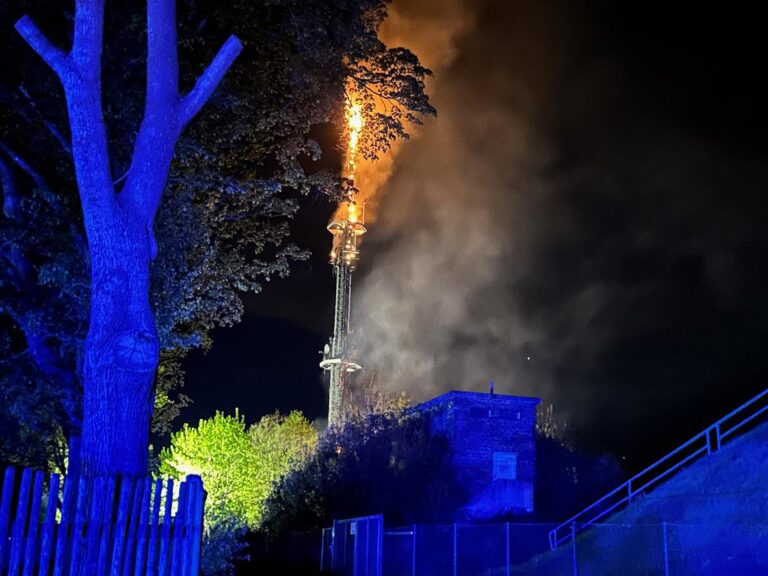
At this point, even the most sympathetic reader might wonder what this city, steeped in history, has to do with its rural suburb of Pößneck, once a center of textile production, and long since forgotten, except for the walks to the Thuringian Nature Park. Perhaps it’s simply the poet’s advice, as followed to the letter by the police a few weeks ago, following an event that resonated far beyond the region. Let’s be the judge: on Wednesday April 10, a huge 70-metre-high relay antenna went up in smoke at around 11pm. Not only were communications cut off, but the damage caused by the destruction of all its cables and equipment is estimated at no less than 500,000 euros, according to the cops’ official statement. And to make matters worse for the discreet Pößneck, images of the fire were widely circulated, while the police helicopter’s search of neighboring areas for those responsible in the flagrante act went nowhere.
What can the authorities conclude from this, other than that a good dose of confusion is certainly better than a touch of disorder that might – who knows? – inspire some freedom-loving rebel. The very next day, April 11, a press release was issued by the cops and picked up by the press agencies, announcing that the huge fire at this telecommunications antenna was “probably due to a technical fault which, in particular, destroyed the electrical installation, resulting in significant material damage”. With the Mass thus (quickly) said, in a style less ardent than Luther’s, but more suited to the outpourings of police bureaucracy, the whole story could stop there. And join the cupboard of the more or less banal incidents that occur every day in Goethe’s homeland.
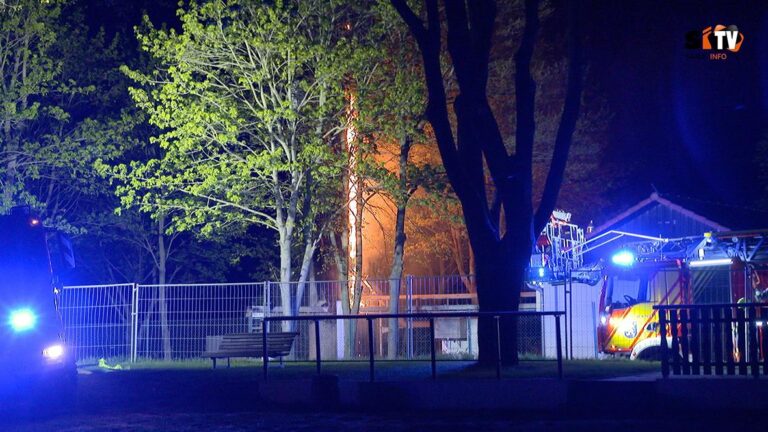
But then again, it’s not every day that such an antenna blazes up and down in the dark of night, a few dozen kilometers from Leipzig and Jena, and in a discreet, isolated spot at that, causing a great deal of astonishment (no doubt due to the size of the damage). The Thuringian Regional Criminal Investigation Department and the Saalfeld Criminal Investigation Department, perhaps less sympathetic than their colleagues in Pößneck to the idea of suicide by cell tower, also went to the foot of the tower to investigate the causes of the mysterious self-burning. Their first verdict came a week later, accompanied by numerous daytime images of the burnt-out antenna, perhaps to provoke an outpouring of emotional denunciations.
In the new press release issued by the cops on April 17, the initial “technical fault” magically disappeared, being now transformed into a possible “arson based on the traces found on site, so witnesses are urgently sought in view of the new findings… in particular concerning suspicious persons or elements that may have been seen between 10 p.m. and midnight.” And to further dot the i’s and cross the t’s of their manhunt, the investigators did not hesitate to add at the end of their press release that “political motivation cannot be ruled out”, in that consummate art of police understatement. In short, it seems that the Pößneck base station actually went up in smoke on the night of April 10, thanks to the help of a few anonymous hands, which after all is neither a surprise for technological cages, nor bad news!
After all, Goethe’s famous dictum (uttered in an attempt to stop a hostile crowd from settling a score with a French officer accused of committing abuses during the occupation of Mainz in 1793) works much better in reverse: “It is better to commit a disorder than to tolerate an injustice”.
Source: Sans Nom




